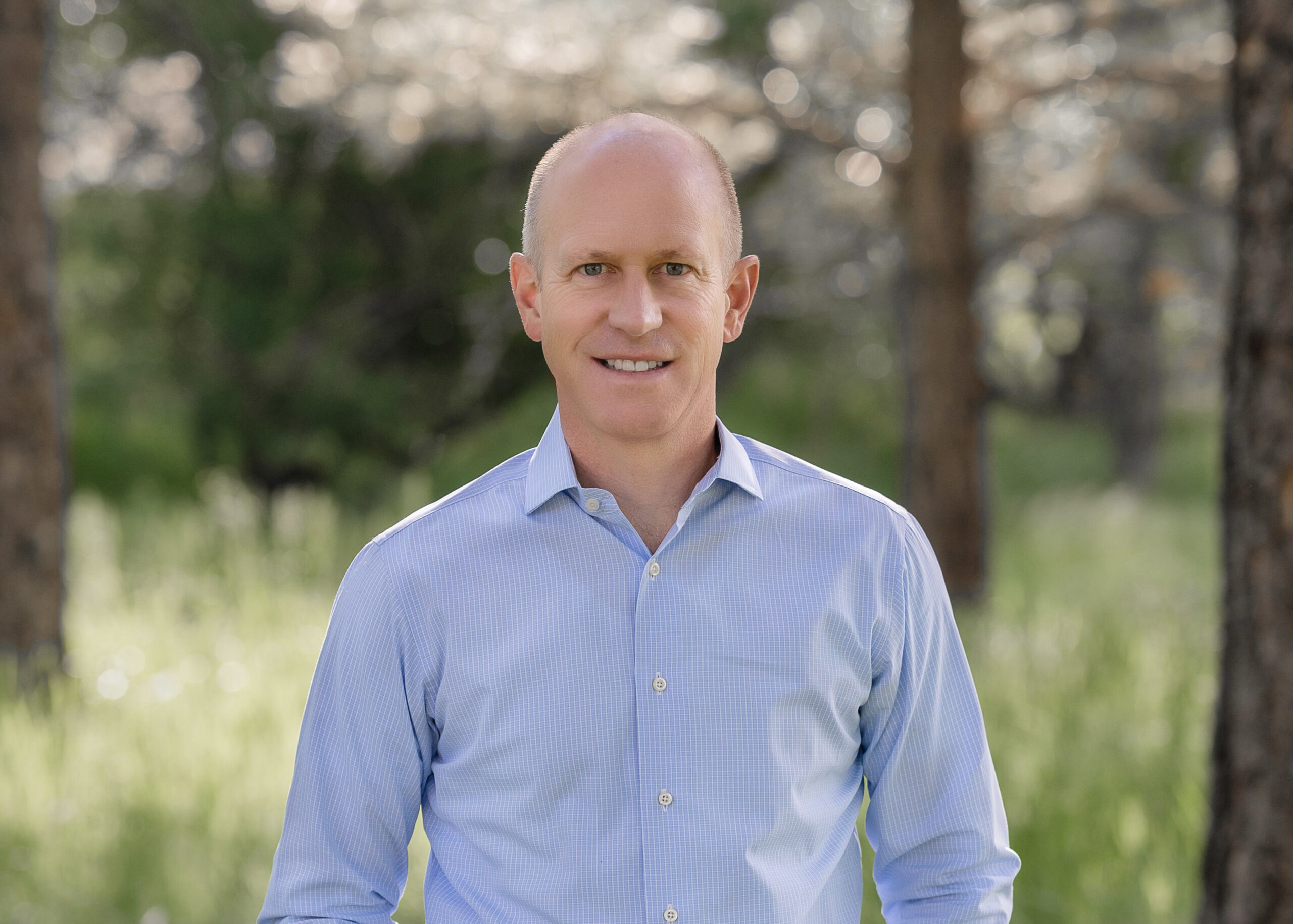Physicians achieve remarkable success through years of deep commitment to patient care, yet this very achievement often creates complex financial situations that a standard playbook can't solve. As a practice grows, its financial structure must evolve with it. Unfortunately, for many top-tier physicians, a few common oversights in planning can silently hinder their long-term wealth potential. Addressing these isn't about correcting past mistakes; it's about seizing future opportunities to unlock
Read More
3 Trends Laying The Groundwork for Scalable Healthcare Analytics
As healthcare organizations stretch to do more with less, data is becoming the backbone of better care, stronger operations, and sustainable growth.
Both established payers and emerging health systems are investing in more actionable healthcare data. Leaders understand that poor data quality is stalling care delivery, while quality data will empower smarter, faster decisions — and ultimately save lives.
I’ve seen firsthand how a data-driven strategy helps healthcare entities
Read More
The Escalating Cyber Threat to Healthcare in 2025
The healthcare sector, a cornerstone of societal well-being, finds itself increasingly targeted by sophisticated cyber adversaries. In 2024, the confluence of technological advancements, expanding digital footprints, and persistent vulnerabilities has created a perfect storm, resulting in unprecedented data breaches and operational disruptions. This article examines the critical factors contributing to this escalating threat, the profound consequences for both healthcare organizations and
Read More
The Promise of Digital Health and Remote Therapeutic Monitoring for Improving OUD Treatment Outcomes
The COVID-19 pandemic catalyzed a rapid and necessary transformation in the delivery of healthcare services, especially for vulnerable populations with opioid use disorder (OUD). Regulatory flexibilities introduced during the early months of the pandemic permitted telehealth-based initiation and maintenance of buprenorphine treatment without the requirement for an in-person visit. These changes created a unique natural experiment to assess whether remote care could maintain or even improve
Read More
Windows 10 End-of-Life: What It Means for HIPAA Compliance and Patient Data Security
With Microsoft officially ending support for Windows 10 in October 2025, healthcare organizations now face a critical technology decision: migrate to Windows 11 or risk operating on unsupported infrastructure. For an industry already under immense pressure, this might feel like just another admin task, but it's one that has significant implications for security, compliance, and patient trust.
The Risk of Waiting
As the end-of-support date approaches, fewer applications and tools will
Read More
Advancing Diabetes Care: Combating Burnout and Harnessing Technology
As healthcare providers, we find ourselves at an exciting crossroads in diabetes management. Rapid advancements in technology—from remote patient monitoring to artificial intelligence—have fundamentally altered how we approach patient care. Yet, despite these technological leaps, a critical ingredient remains consistently underrepresented: the clinician’s voice, and the voices of people with diabetes.For nearly two decades as a pediatric endocrinologist, I've witnessed firsthand the immense
Read More
Florence Nightingale’s Legacy: From Compassion to Data-Driven Personalized Care
The foundation of the healthcare systems today can be traced to Florence Nightingale’s example, emphasizing a nursing approach to patient treatment in the mid-19th century, during the Crimean War. Nightingale drew attention to the neglected aspects of healthcare, like hygiene and patient observation. This, clubbed with compassionate care, introduced a human-centered, but scalable approach to medicine. ‘Patient focus’ in healthcare, then, was just the intuition of the attending nurse but the
Read More
Combining Clinical Insight and Data-Driven Expertise: The Case for Morning Huddles in Primary Care
The daily huddle, also called a morning huddle, is a brief standup meeting commonly associated with inpatient and surgical care. In these settings, safety is the predominant focus of the meeting. However, the same idea can be used in primary care settings to get care teams ready for the patients scheduled for that day.
Morning huddles are an opportunity to merge clinical knowledge with data and analytics to help ensure primary care teams are aligned and specific care needs are
Read More
In Drug Diversion Prevention Programs, AI is No Longer a Novelty
With AI dominating healthcare headlines, it’s easy to dismiss this technology as being all hype that’s not ready for primetime. However, unlike more forward-looking applications for this technology, incorporating AI into drug diversion technology is no longer a “nice to have.” With increasingly complex medication workflows, siloed medication information across disparate systems, tighter compliance expectations and stretched clinical resources, it’s become an essential component of patient care,
Read More
Why MedTech Needs Regulatory Intelligence, Not Just Regulatory Updates
In the past five years, medical device companies have faced continuous change, with new regulations, evolving standards, and increasing documentation requirements. The 2024 MTI Regulatory Report put it plainly: “time and bandwidth” have now overtaken cost as the biggest challenge for regulatory affairs teams.
This shift points to a deeper issue. The volume and pace of regulatory change have outgrown traditional compliance approaches. Tracking updates and reacting as they come is no longer
Read More










